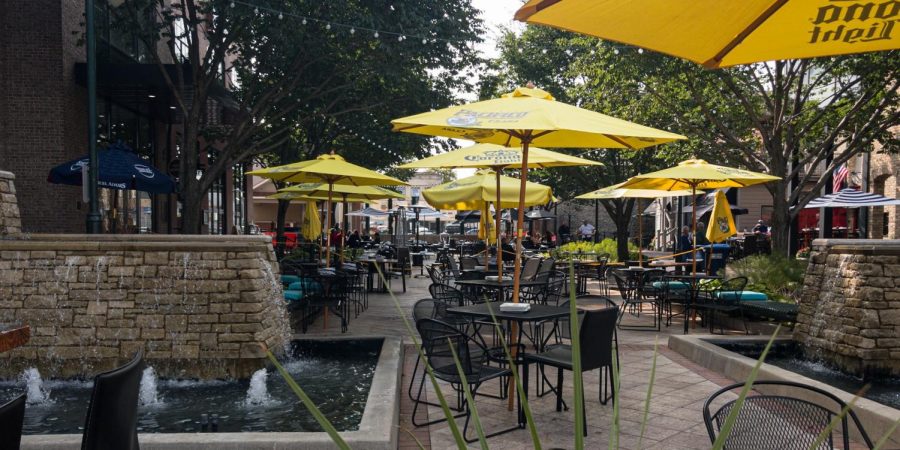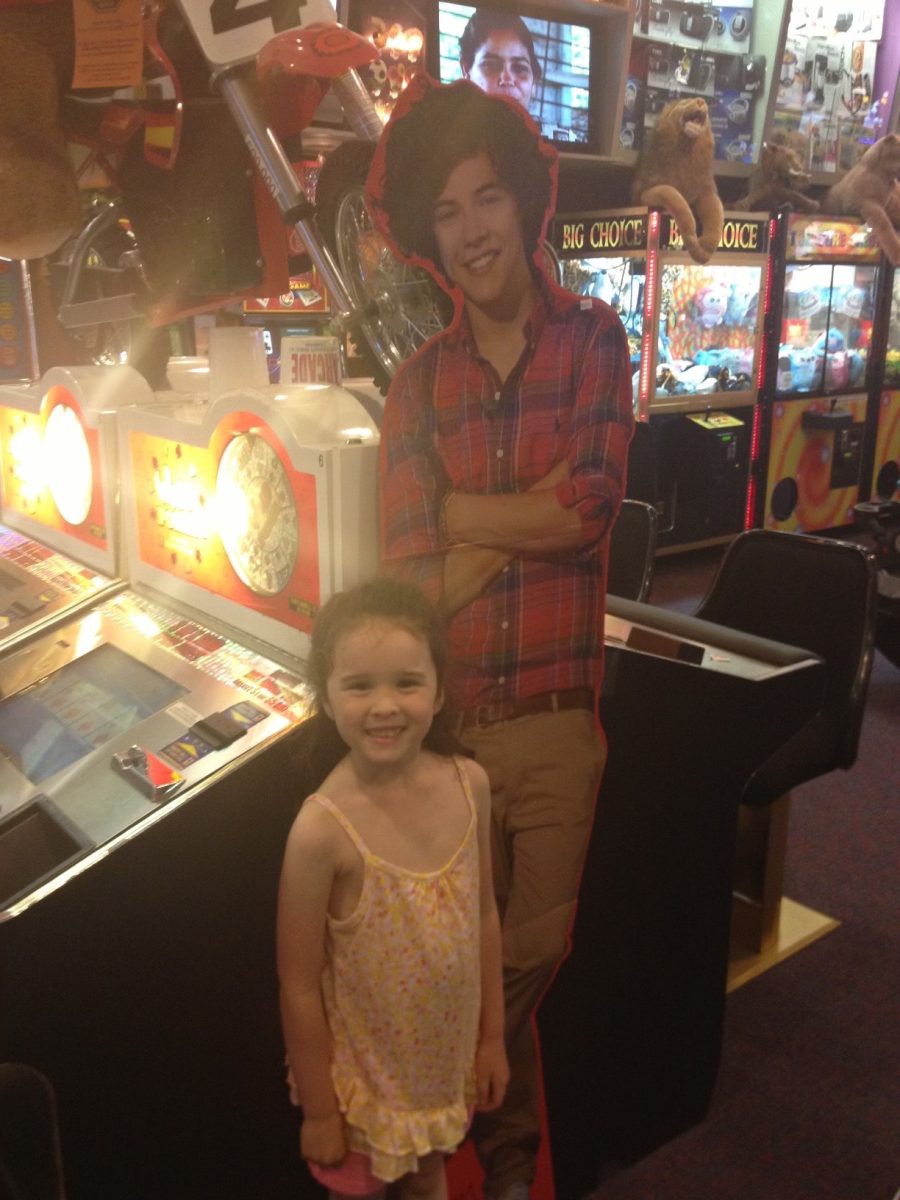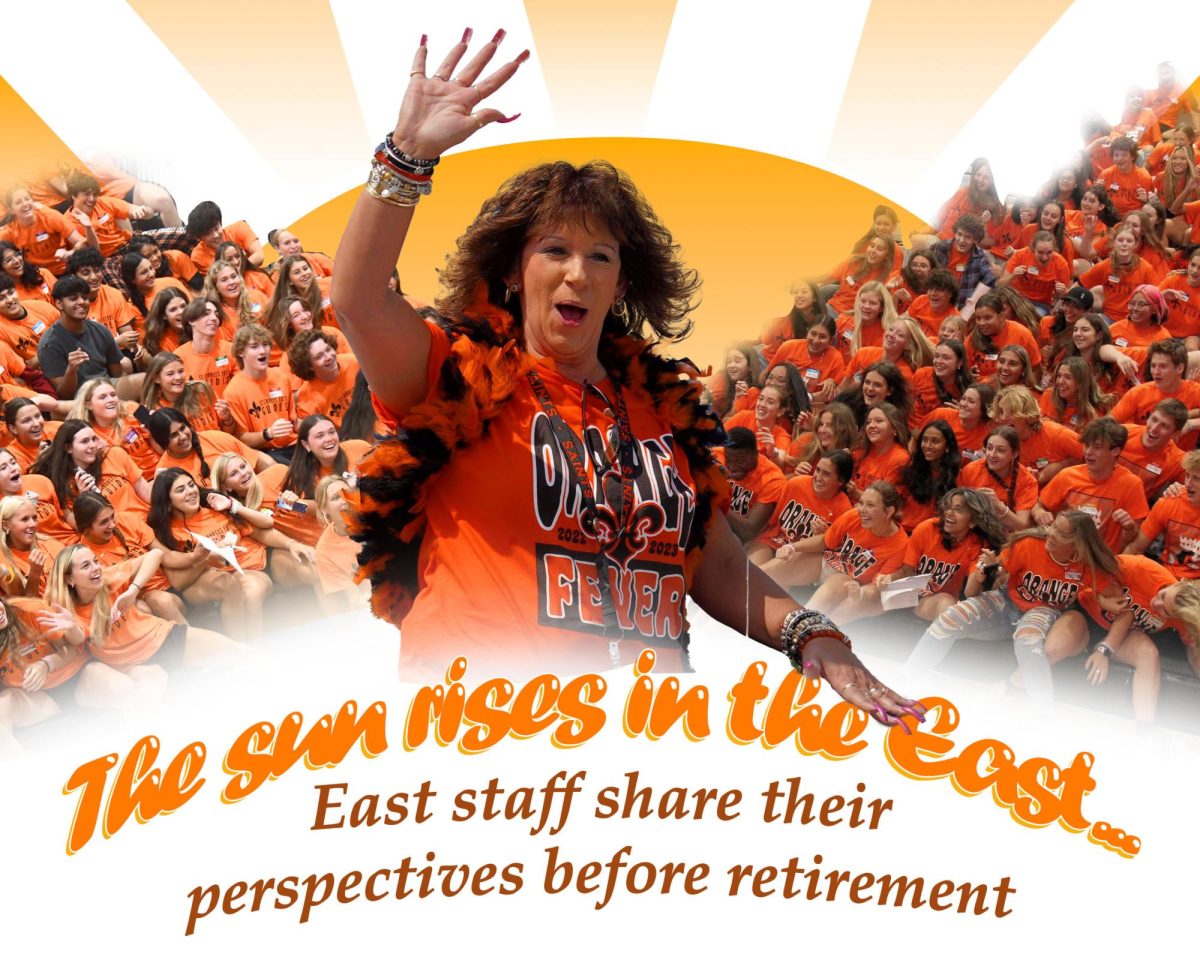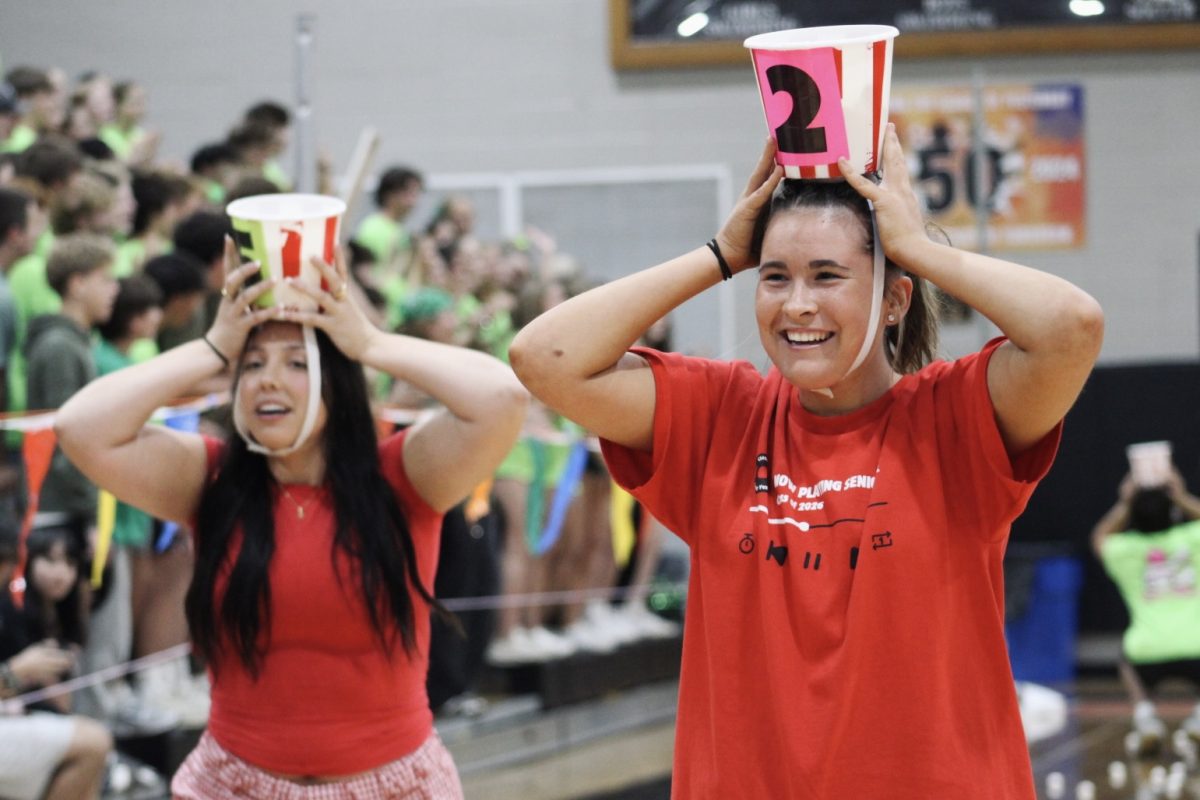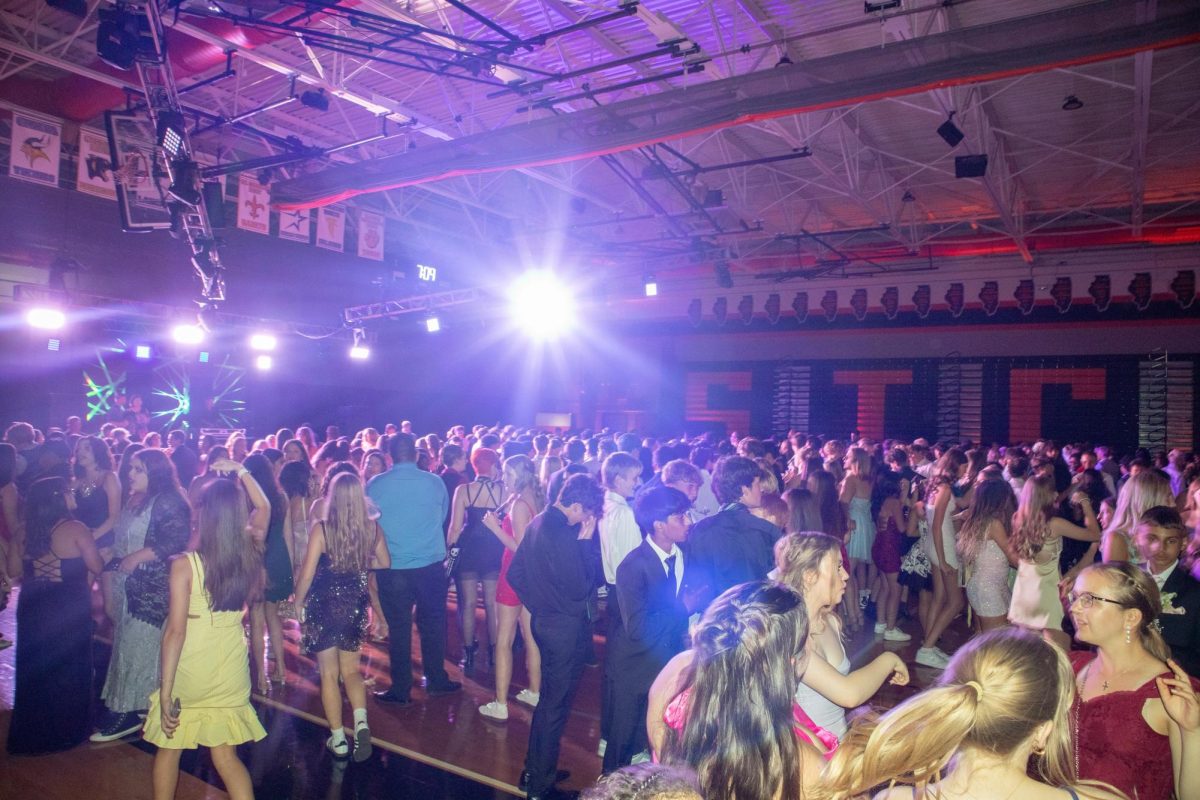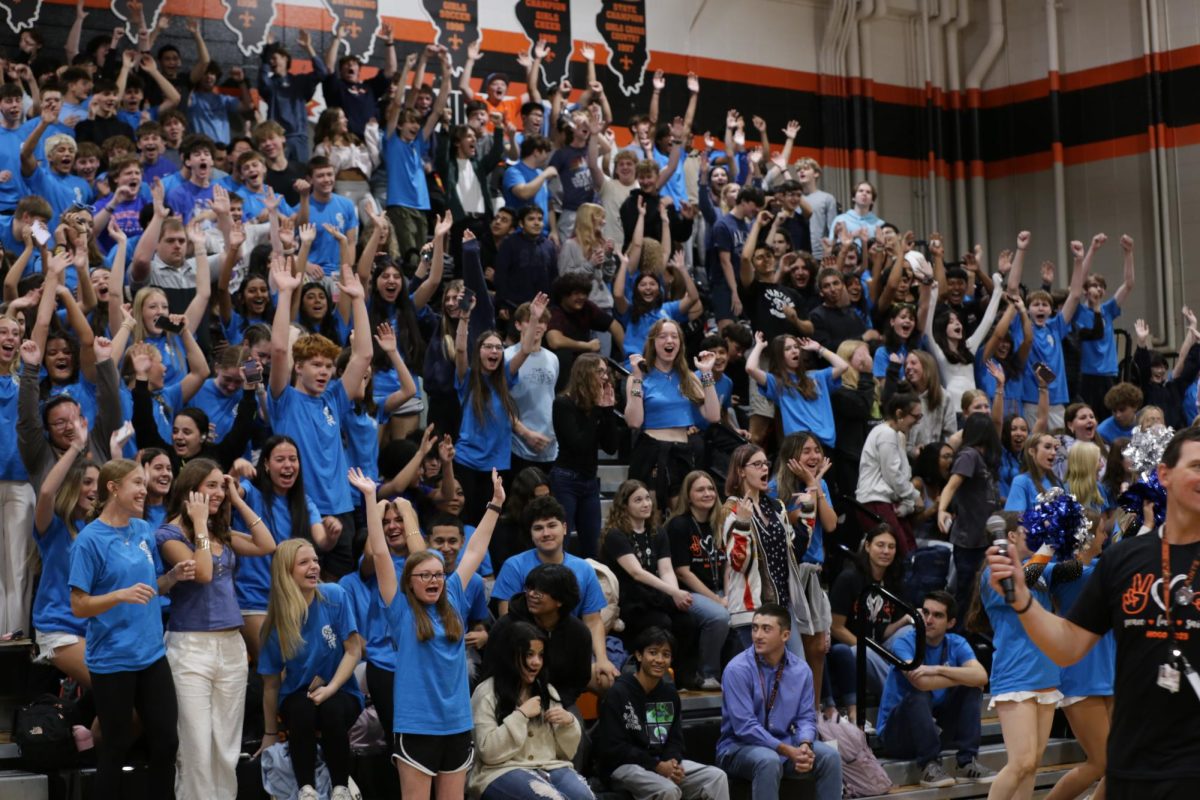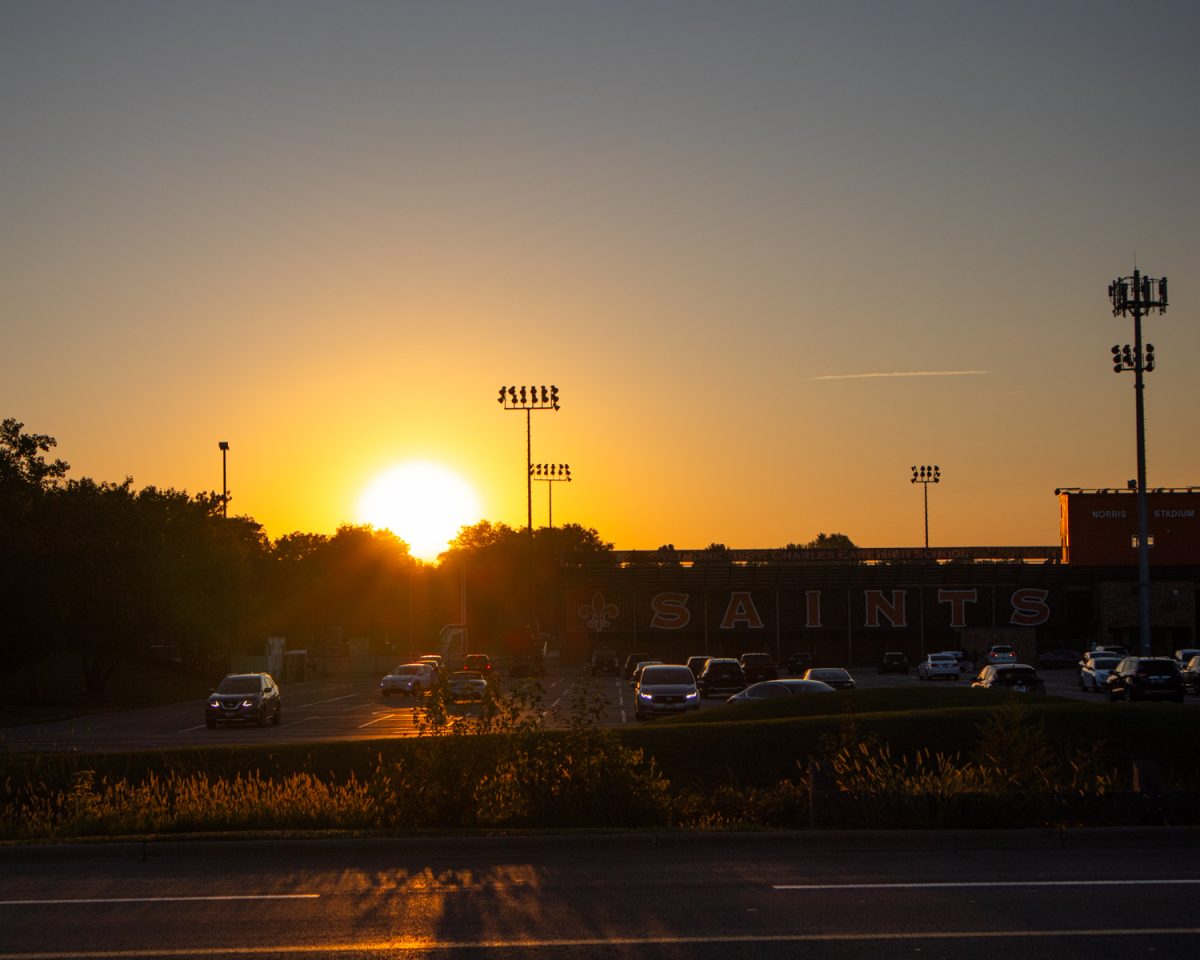For the past 6 months, small business owners across the nation have been reeling from the worst global financial crisis since the Great Depression. While this recession began in late 2019, the COVID-19 Pandemic caused a dramatic spike in unemployment and sharp dips in revenue across many sectors. The restaurant industry is one that has been hit especially hard, with in-person dining being severely limited, or in some cases, eliminated entirely.
The National Restaurant Association estimates that by the end of 2020, US restaurants will have lost $240 billion as a result of the novel coronavirus. With a figure like that, it’s safe to say restaurant owners in all parts of the country have been feeling the heat. Those here in St. Charles are no exception.
“It’s been a challenge for sure,” said David Jimenez, owner of El Puente, a Mexican restaurant on Main Street. As a primarily dine-in restaurant, his business fell sharply following Governor’s Pritizker’s March 21 stay-at-home order, and has remained far below normal levels into September.
Jimenez has retained all of his employees, but lost revenue. This inevitably means shorter hours and limited pay. Some staff members have been forced to pick up other part-time jobs in order to make ends meet.
Jack Bhandari, owner of Taste of the Himalayas on 3rd Street, is in a similar situation. “The restaurant business has been deeply affected by this coronavirus,” he said. “Personally, my business is down by almost 50%.” Months of take-out only service and low order numbers have dug a financial hole that Bhandari must climb out of, while still operating at limited capacity.
Like Jimenez, Bhandari is feeling the financial burden of retaining all of his employees. “I have kept the same pay for my staff even though I am suffering myself,” he said. “They have their family, and they have to pay their bills.” That money has to come from somewhere, though, and usually it’s from the bottom line.
That reality reveals an important fact. Illinois business owners are in a particularly difficult situation when it comes to dealing with losses in revenue due to COVID-19. Many business owners thought that they would be covered financially by their business interruption insurance, which is part of a property insurance policy. However, most insurance companies made a special exclusion for viruses after a previous coronavirus, called SARS, spread around the world in 2002-2004. Legislators in some states have passed laws forcing insurance companies to pay claims for losses due to COVID-19 even if they have exclusions, but Illinois is not one of them.
Some St. Charles business owners felt some relief when it was announced that they could apply online for a Business Interruption Grant (BIG) back in early July. These grants would leverage some $636 million made available through the CARES Act to provide relief to Illinois businesses hit hard by the pandemic.
“The federal Paycheck Protection Program seems to have overlooked too many entrepreneurs and small shops, [so] it was important to me and to the General Assembly to ensure that small businesses, which employ the largest number of people in Illinois, get the help that they need,” said Governor Pritzker in an August 19 press conference about the BIGs.
By late August, the State had evaluated applications, and sent out over $46 million to 2,655 businesses. Taste of the Himalayas and El Puente were 2 of 12 St. Charles businesses that received money from the program, with each being awarded $20,000.
“The correspondents from the State really emphasized using the money for business improvements that would facilitate easier service in the COVID Era,” said Jimenez. In addition to helping ensure long-time staff members are able to stay with the restaurant, Jimenez wants to use the grant money to purchase contactless payment equipment to help make customers feel safer when they come to pick up their orders.
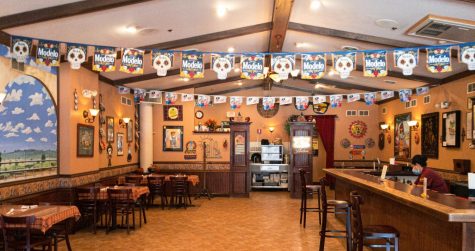
Bhandari, who is under a bit more financial pressure, is glad to have a safety net in the form of the grant. “[It] helped me to fill the hole I have been in since March,” he said. He likewise will look to use it to retain employees, cover rent, and pay suppliers.
In addition to this support from the State, the St. Charles City government has been working closely with local businesses to help them navigate through the pandemic. “We’ve provided support where we can,” said Russell Colby, Assistant Director of Community and Economic Development. His team has developed a number of programs aimed at reinvigorating the area financially, like the open-air patio seating on 1st Street and partnerships with the St. Charles Business Alliance.
All of this could signal changing luck for St. Charles businesses. After months of low revenue, business seems to be picking back up as weather cools and fall approaches. “Slowly but surely, we’re getting people back into the dining room, said Jimenez. “It’s encouraging to see it tracking that way.”
Bhandari has also been greeting more and more customers as of late. But he notes that, while young people have come out in larger numbers over the past few weeks, there is still much uncertainty about a return to normalcy. “Nobody knows [when business will return to normal.] Even if a vaccine comes out and the infection/death rates go down, people will still need to get back the confidence to go back out freely. There is some kind of fear in everyone’s mind,” he said.
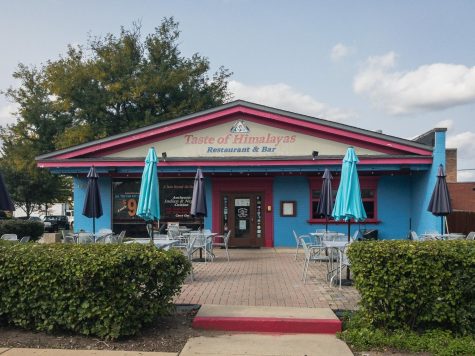
Colby also refused to put a definitive timeframe on full economic recovery. “It is difficult to predict how and when business activity will be restored without having a clearer picture of how the pandemic will play out over the next few months,” he said. “We are hopeful to see progress, but [we also] know that challenges are ongoing.”
What is for certain, however, is the fact that the experience of weathering this pandemic has left business owners with a number of indelible lessons. Reflecting back on the past couple of months, Jimenez and Bhandari both feel like they’ve come away with new insights that they will carry far into the future.
“The big lesson is that if I have more revenue in the bank, I can get through uncertainty,” said Bhandari. “[The problem is] every business just thinks about growing on a day-to-day or month-to-month basis. Nobody thinks they’re going to lose 6 months worth of revenue.”
“The main thing is ‘hope for the best, plan for the worst,’” said Jimenez. “You also need to be able to change and adapt quickly. If you’re all-in on one style of business, you’re going to have a hard time when circumstances change and that style isn’t profitable anymore.”
With those things in mind, Jimenez and Bhandari will set their sights on the long road to recovery, knowing well there will be many triumphs and stumbles along the way.


